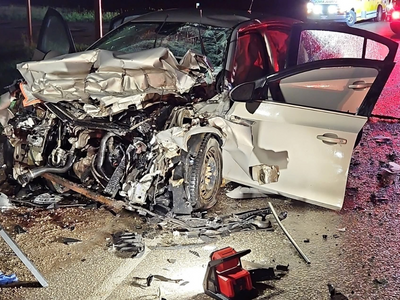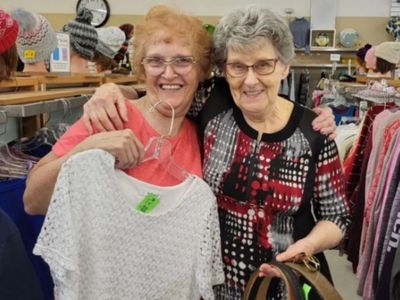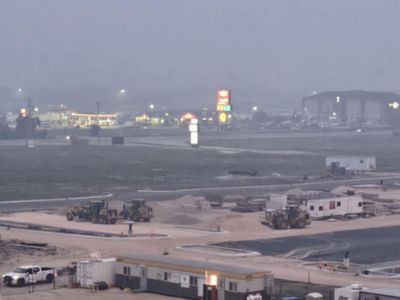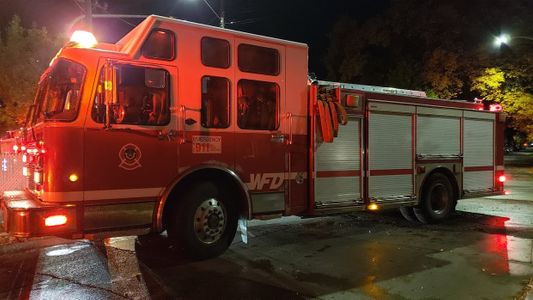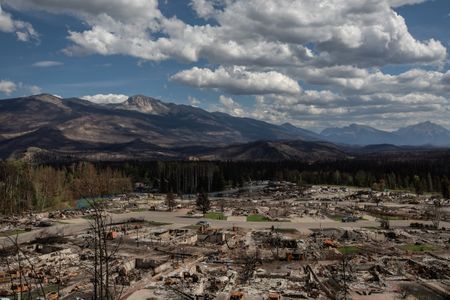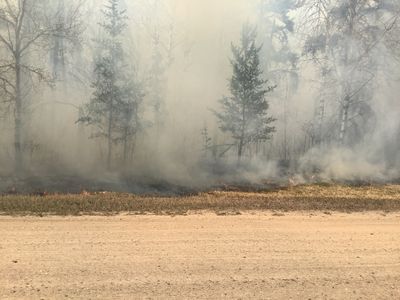Christian News
World Humanitarian Day honours courage and sacrifice of aid workers
August 19 is World Humanitarian Day, and according to Canadian Foodgrains Bank, it's the most dangerous time ever for aid workers. "World Humanitarian Day has been commemorated for about 20 years now," says Stefan Epp-Koop, the Senior Manager of Humanitarian Programming with Canadian Foodgrains Bank. "It's a day to do a couple of things. One is to remember people who have been killed or injured while doing humanitarian work. It's also to remember people who, every day, provide that lifesaving support for others, often at great risk to themselves." Epp-Koop oversees all the humanitarian programming at Foodgrains Bank, located in Winnipeg. At any given time, they are providing food assistance to 15-20 countries around the world. "Manitoba has always been a great support base for the Canadian Foodgrains Bank. There are farmers growing crops and people donating. Manitoba is a real core part of our identity as an organization." .video-container { position: relative; width: 100%; padding-bottom: 56.25%; /* 16:9 aspect ratio */ height: 0; overflow: hidden; } .video-container iframe { position: absolute; top: 0; left: 0; width: 100%; height: 100%; border: 0; } According to the statistics, Epp-Koop says that 2025 is the most dangerous time yet for people involved in humanitarian work. "There have been over 260 humanitarian workers killed this year. It is increasingly difficult in many of the places we're working, for people to provide assistance safely." Epp-Koop says that there are a few possible reasons for this. "The number of conflicts happening around the globe, about three-quarters of the humanitarian food assistance we provide is in conflict zones. But also, the protections that maybe existed before for humanitarian workers are not being respected." Seeing the Need First-Hand Earlier this year, Epp-Koop went on a trip to Sudan, the country currently with the highest need for food assistance. "It's sadly easy sometimes when you're sitting here in Winnipeg to hide behind the computer screen. I read a lot of reports and really bad news but its a completely different thing to put a face and name to these reports. It's about the father who's lost hope and can't feed his family." The challenges people facing food insecurity at a high volume is difficult for the people living in these conditions, as well as the humanitarians helping them. "It's certainly something, especially this day, to keep in your prayers those who are helping others. I've met a lot of people at my work here who've undertaken tremendous sacrifices to help other people. They experience threat or actual physical violence. We know increasingly of the toll on mental health of the trauma people experience when doing humanitarian work. It really comes through that people care strongly about others." Anyone interested in helping out with these issues or donating to the food assistance can find out more on their website.
